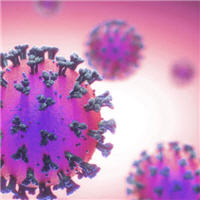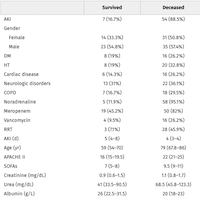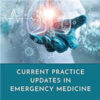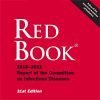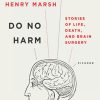Pharmacotherapy in Neurointensive Care
journals.lww.com
Neurointensive care medicine has experienced great advancements and developments of neuromonitoring techniques, allowing a better comprehension of acute brain injury early phase pathological mechanisms and an overall improvement of ICU management, currently based on the concept of individualized therapy, targeted to protect the brain against further secondary insults, by optimizing patient pathophysiology at the bedside. Individualized therapy in neurointensive care practice includes a number of pharmacological interventions, either general (or nonspecific, such as sedatives, hyperosmolar fluids, vasopressors, nutrition solutions, mineralocorticoids) or more specific (antiepileptic agents, desmopressin, vaptans). This neuroscience issue of Current Opinion in Critical Care is entirely dedicated to pharmacotherapy in neurointensive care. We invited several prominent experts to review recent advancements in the field and provide an update on current practices. The first article of the series focuses on sedatives and the classical paradigm of ‘pharmacologically induced coma’ aimed at reducing the cerebral metabolic rate of oxygen, and thereby protecting the brain against secondary insults (ischemia, hypoxia, seizures). Geert Meyfroidt and collaborators discuss standard sedatives (mainly propofol) and the emerging role of alternative classical (ketamine, barbiturates) and novel (dexmedetomidine) agents.

